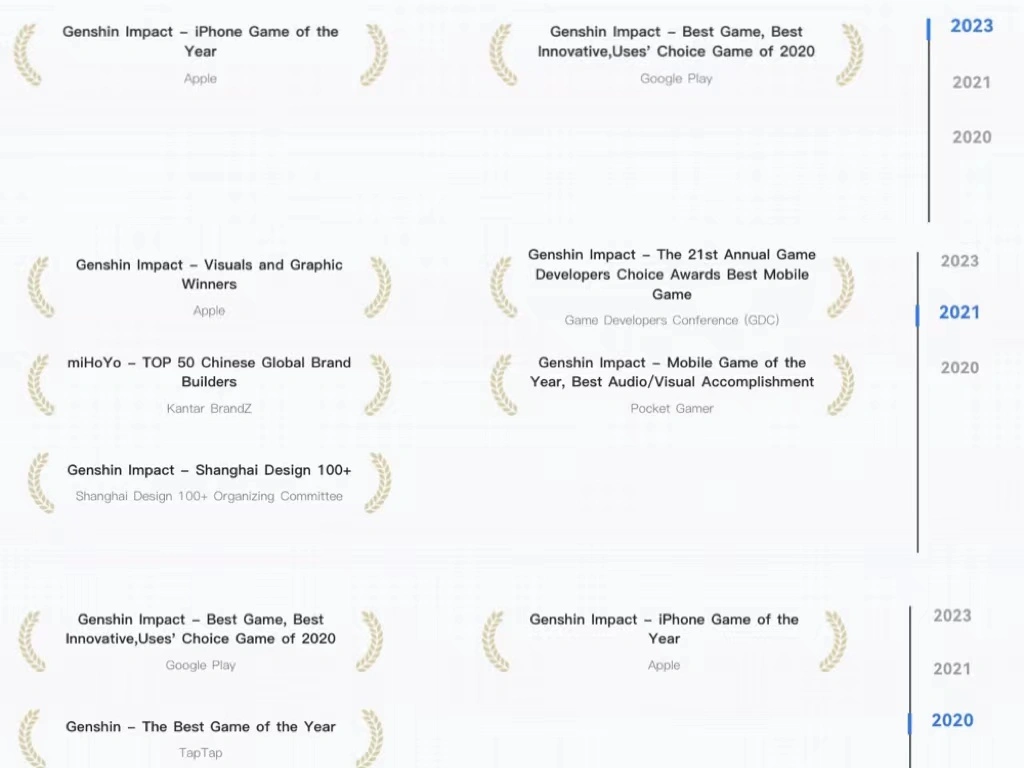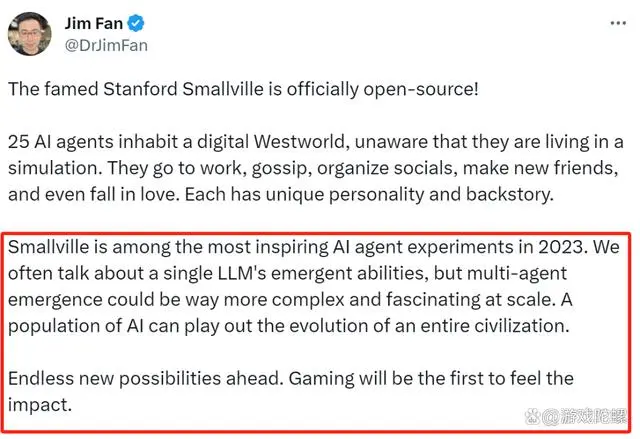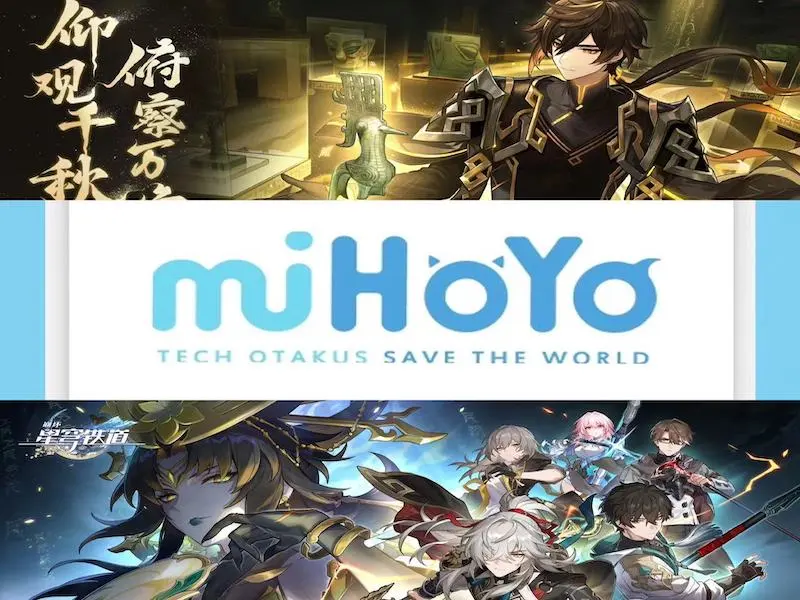- MiHoYo is at the forefront of the square games scene, combining digital technology with cultural IP to create popular games around the world.
- MiHoYo conducts AI interaction research towards the meta-universe.
How do you make a $1,000,000,000 principal into $20.2 billion in ten years?
MiHoYo’s angel investor Song Tao did it. MiHoYo, which focuses on the original development of two-dimension games, because it bet on the right track, and even more so because of its 11-year-long persistence, has made a fortune with its explosive game Genshin Impact. A leap into the valuation of 200 billion game giant, even Tencent, NetEase, byte jumping for the side of the eye.
Unfortunately, VC / PE due to the misjudgment of the two-dimension game, the collective missed MiHoYo this “money printing machine”. Only the only angel investor, Song Tao, the eyes of the treasure betting success, the 1 million capital into the rich list of tens of billions of dollars. Of course, MiHoYo’s success is not a matter of luck, how did he succeed?

A visionary triple gamble
In 2011, MiHoYo’s founders, including Liu Wei, participated in a startup competition and secured a “angel” investment of one million yuan, laying the foundation for Shanghai MiHoYo Network Technology Co., Ltd. The success of MiHoYo hinges on three bold gambles.
During the early days of their venture, while the prevailing trend in China was dominated by browser games, particularly small-scale games, MiHoYo was resolute in creating 2D mobile games tailored for the Chinese market. Upon securing the investment, they promptly initiated the first gamble, using the entire sum to develop the shooting game “Honkai 2“.
Launched in 2014, the game generated annual revenues exceeding one billion yuan. Most of the earnings were reinvested in the production of subsequent products. In 2016, against prevailing skepticism and lacking any relevant experience, they rolled the dice again with the creation of the 3D action mobile game “Honkai3“, amassing annual revenues surpassing 1 billion yuan. Armed with 1 billion yuan, Cai Haoyu, one of MiHoYo’s founders, decided to allocate 70% for the development of the new game, Genshin Impact, reserving the remaining 30% for the company’s ongoing product operations.
Notably, before the launch of Genshin Impact, no one had successfully developed a mature, original open-world mobile game, given the significant hardware requirements that outpaced the capabilities of contemporary smartphones.
“We designed a game for phones three years ahead.”
Liu Wei, current CEO of MiHoYo
Liu Wei, current CEO of MiHoYo, revealed in a documentary, “In the first half of 2017, when we were preparing to propose the new project Genshin Impact, the best phone available in the market was the iPhone 7. It was certain that this phone could not meet the game’s performance requirements. However, we predicted the evolution speed of mobile platforms and phone performance. We designed a game for phones three years ahead.”
Ambitious pursuit of interactive freedom
Recently, miHoYo, in collaboration with Fudan University’s NLP group, released a comprehensive paper on large-scale language model intelligent agents. The paper, titled “The Rise and Potential of Large Language Model Based Agents: A Survey,” explores the longstanding human quest for artificial intelligence equal to or surpassing human capabilities, with intelligent agents seen as an effective means to achieve this aspiration. An intelligent agent is an artificial intelligence entity capable of perceiving its environment, making decisions, and taking actions.
Of particular note in the paper is miHoYo’s mention of the open-sourcing of a virtual town named “Smallville” built by Stanford and Google. In this town, 25 AI intelligent agents live their virtual lives, engaging in work, gossip, social organization, making new friends, and even hosting Valentine’s Day parties. Each “town resident” possesses unique personalities and background stories. The exploration highlights the versatility of a single intelligent agent, showcasing exceptional task-solving abilities across various applications. When multiple intelligent agents interact, they can make progress through cooperative or adversarial interactions.
MiHoYo envisions embedding intelligent agents into games in the future, giving rise to characters with “intelligence” and “emotion.” Imagine interacting with game characters in the future who might not find someone due to unusual weather or might unleash a torrent of insults at you for a breakup with another character. This promises to elevate players’ immersive experiences by several folds.

As Jim Fan comments on the paper, “If ‘Smallville’ (generative intelligent agents) can expand to games like ‘Genshin Impact’ or other large MMORPGs, it would be a spectacle worth watching. Both humans and intelligent agents will exhibit unpredictable behaviors.” While the future holds limitless possibilities, Fan points out that “current efficiency and cost are key challenges hindering such large-scale deployment.”
Integrating digital technology with cultural IP
From Genshin Impact’s initial monthly revenue exceeding 16 billion yuan to Honkai: Star Rail surpassing 40 billion yuan in its debut month, MiHoYo demonstrates that hit games can be replicated.
The success of MiHoYo, as evaluated by the Shanghai Enterprise News, is attributed to the synergy of digital technology and original cultural intellectual property (IP), realizing the intelligent and high-end production of cultural products. According to data from the Shanghai Intellectual Property Information Service Platform, from 2017 to 2023, MiHoYo has applied for a total of 471 patents, with inventions accounting for 99.15% and appearance designs for 0.85%.

The majority of inventions focus on game optimization and comprehensive development, including game design generation, data processing, animation rendering, and terminal processing. Simultaneously, MiHoYo’s successful cultural exportation is inseparable from its innovation in various elements such as game scenes, mechanisms, characters, and music.
In character innovation, Genshin Impact’s portrayal of Yun Jin, a Peking opera performer, serves as a research exemplar for the successful overseas promotion of traditional Chinese culture. Yun Jin’s appearance and personality design seamlessly blend ancient and modern, East and West, reducing the potential for cultural unfamiliarity and rejection during international export.
”Representative games like Genshin Impact, which integrates traditional cultural elements, provide diverse pathways for the excavation, utilization, and dissemination of outstanding Chinese traditional culture.”
Hu Yu, Tsinghua University’s Institute for Cultural and Creative Industry Development
Hu Yu from Tsinghua University’s Institute for Cultural and Creative Industry Development commented, “Representative games like Genshin Impact, which integrates traditional cultural elements, provide diverse pathways for the excavation, utilization, and dissemination of outstanding Chinese traditional culture.”
The video of Yun Jin singing “The Divine Damsel of Devastation” in the game storyline, performed by top Peking opera actors, altered the traditional slow pace and structured vocal style of Peking opera, incorporating popular singing styles into the art form. Through the characters’ performances in the game, traditional Chinese drama, Peking opera, gained recognition overseas, with the video amassing nearly tens of millions of views on YouTube to date.
Marching toward the future
While many peers are following the trend and expanding into the development of open-world games, MiHoYo has already set its sights on the “metaverse.” At the end of 2020, MiHoYo elevated its corporate goal from “becoming a first-class animation company” to “creating a virtual world space capable of accommodating one billion people by 2030.”
In March 2021, MiHoYo signed a strategic cooperation agreement with Ruijin Hospital, affiliated with Shanghai Jiao Tong University School of Medicine, to establish a joint laboratory. The primary focus includes the development and clinical application of brain-machine interface technology.

In May, MiHoYo invested in the social software “soul” and entered the social “metaverse.”
In August, “Genshin Impact” initiated cloud gaming tests, and now “Genshin Cloud” is available on Android and Apple platforms, potentially solving the issue of large game files, and cloud rendering technology is expected to benefit the deployment of the metaverse.
In February 2022, MiHoYo officially launched the brand new “HoYoVerse,” aiming to create and deliver immersive virtual world experiences for global players through various entertainment services. MiHoYo’s post-“Genshin Impact” initiatives indicate its aspiration to become a high-tech company with social responsibility and grand pursuits.
Perhaps in the not-too-distant future, players can transcend physical limitations and immerse themselves in the world of “Genshin Impact” or an even grander universe. Numerous companies have entered the forefront of the metaverse, but the competition is still a long way from being decided. We must wait and see who will emerge victorious in this prolonged contest.

